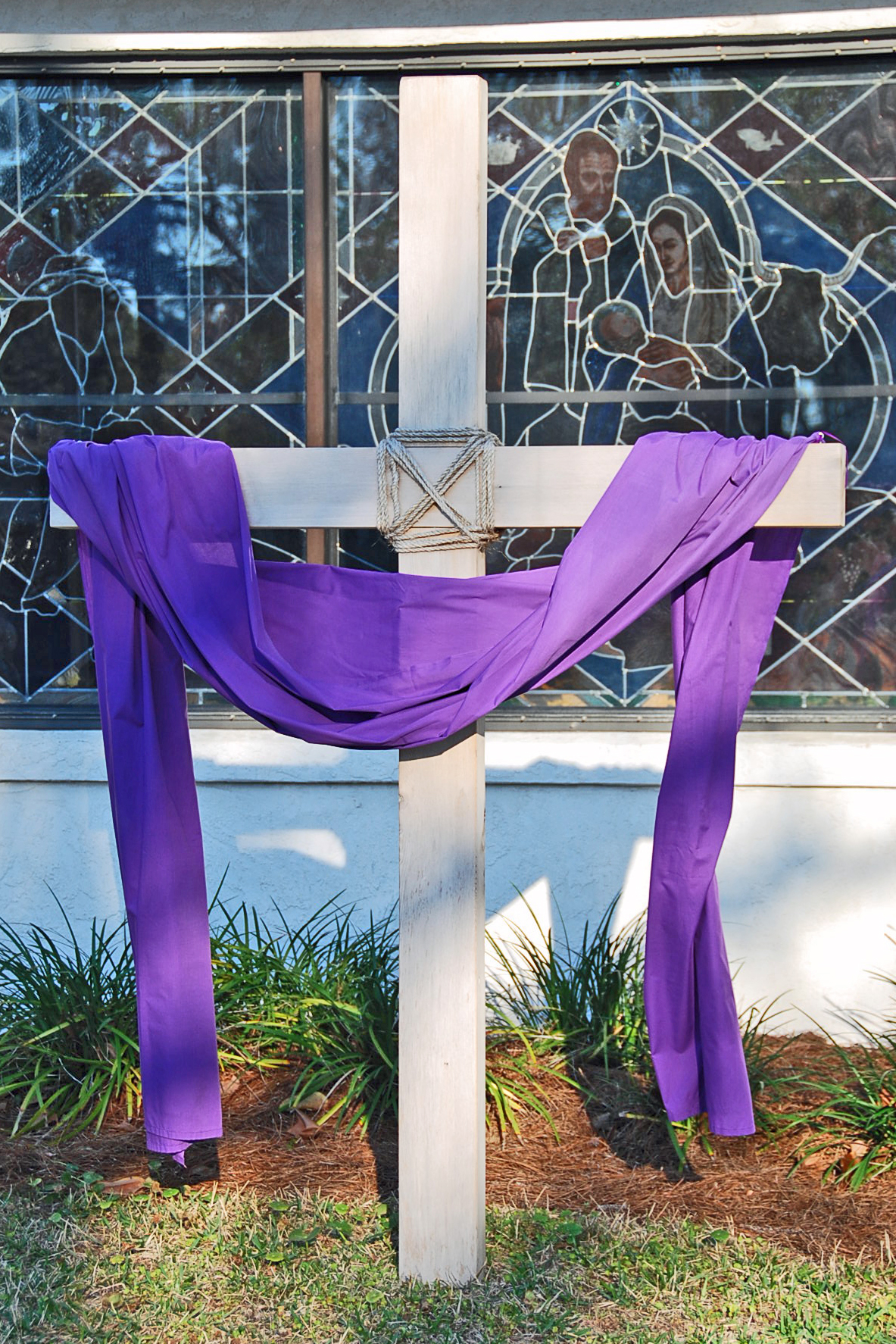The Word became flesh and made his dwelling among us. We have seen his glory, the glory of the one and only Son, who came from the Father, full of grace and truth.
John 1.14
Jesus Christ was the Word made flesh. That Word was the Word God spoke to bring creation into existence. That Word was divine. It was power. But when Christ was born into the world, the Word was no longer abstract. It was a person. The time for debating what the Word was had concluded. Now we all know what the word means because we have the life and times of Jesus of Nazareth recorded.
Everything Jesus did shows us the full meaning of that Word. Prior to Christ, rabbis and theologians understood that words were creative, that they were used for making and describing things, and that they could be beautiful and hurtful. People knew that words mattered, but they didn’t know how valuable a word could be.
But with Jesus, there was no division between his word and his life. He did what he said, and he meant what he did. Jesus’ words were actions, events; every word was a verb. He didn’t just describe healing; he healed with his words. He didn’t just talk about the curse of fruitlessness; he brought death to the tree without fruit.
When we call someone a hypocrite, we mean that their actions and their words do not line up. The word “hypocrite” comes from the ancient Greek word for “actor.” A hypocrite is someone whose real life doesn’t match his public perception. A hypocrite is a pretender, a fake.
The words of the hypocrite are not made of flesh.
Jesus shows us what it means to end all hypocrisy. He shows us how to stop playing at being human and start living the way we were meant to. Christ was a man of his Word.
Every time we speak and mean it, we are our words made flesh. When we say we’ll do a thing and then do it, we put skin on our intentions. To do this well, we invest ourselves in the Scriptures and learn what kind of people God intended for us to become. We learn His words and speak them. We often find them easier to say than to do, and we shudder at our hypocrisy. However, this should not make us stop speaking the truth, though it should make us that much more careful to live the truth.
In his first letter to his church, John points out that if people claim to know Christ yet persist in darkness, they are liars and do not do the truth. Doing the truth is the important bit here.
Do the truth.
Make your words flesh.
That is what it means to let Christ grow inside of you, to cultivate your life as a habitat for his ongoing incarnation. That is what he intends for us to understand when he says, Make my home in me, as I make mine in you.
He means that he has come, Word made flesh, to make his dwelling among us.
fossores
Related posts
Categories
Category Cloud
Tag Cloud
Recent Posts
- Victors and Victims November 6, 2018
- 3 Hacks for Happiness October 29, 2018
- Hope Against Death September 20, 2018
- The Shape Of The Cross September 19, 2018


